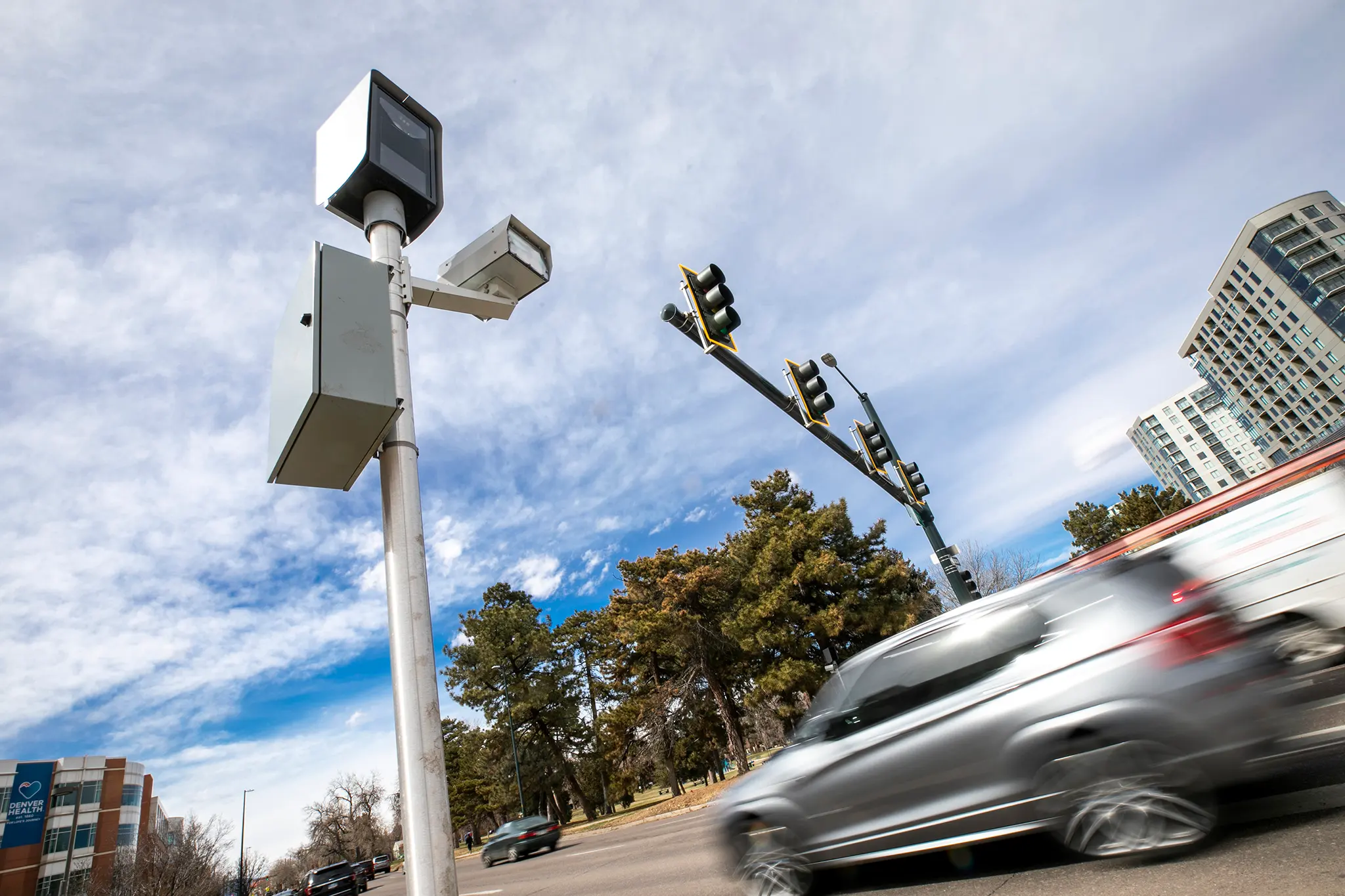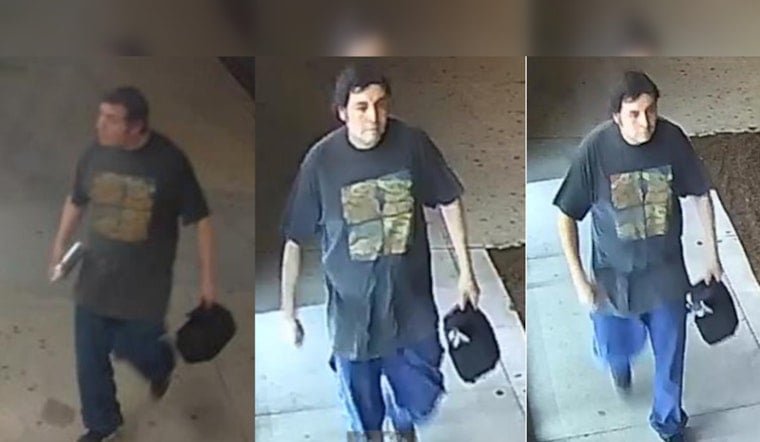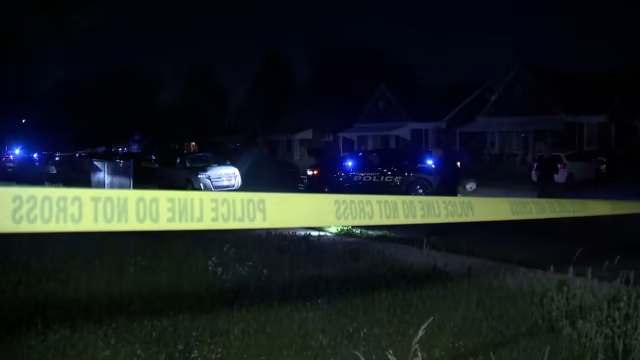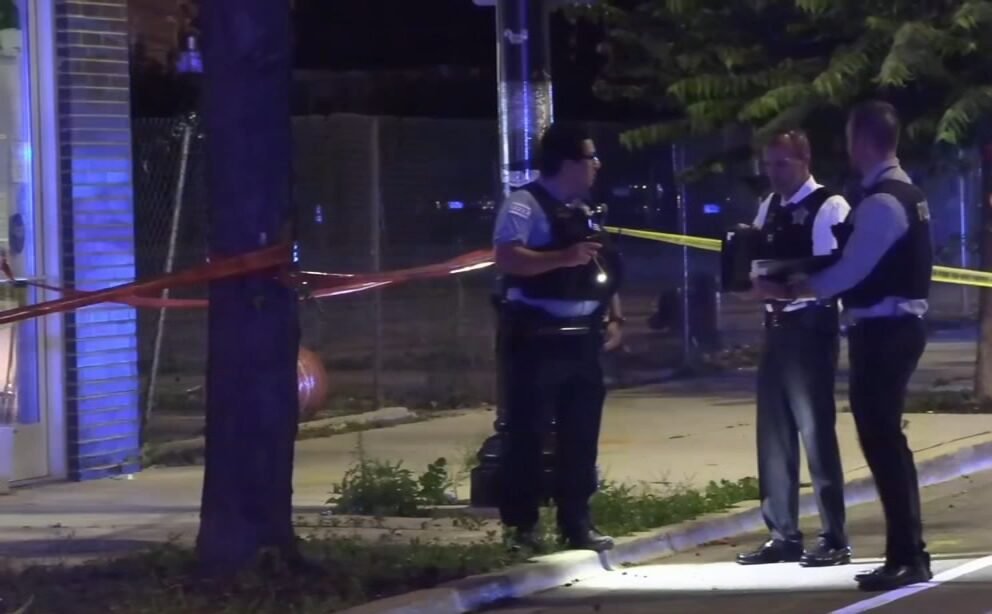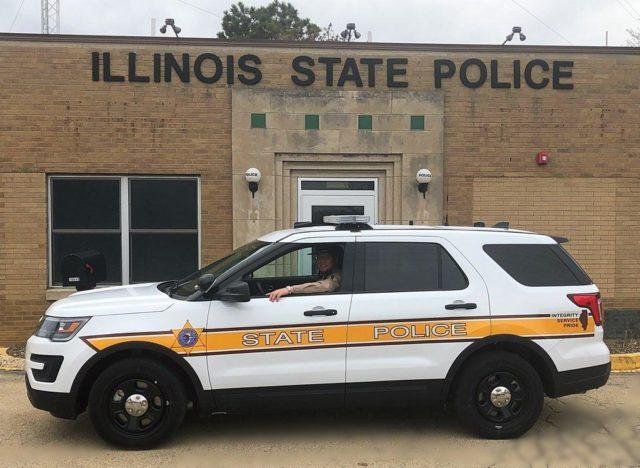CHICAGO — A new review of traffic safety data shows that automated speed cameras in Chicago are significantly reducing crashes, especially those involving pedestrians and cyclists. But another set of numbers paints a more controversial picture: millions collected in fines and late fees.
According to a citywide analysis of crash data between 2012–13 and 2021–22, intersections with speed cameras saw:
-
11% fewer fatal and injury crashes
-
44% drop in bicycle and pedestrian crashes
-
16% decrease in speed-related crashes
In contrast, citywide crash numbers actually rose during the same period:
-
Total crashes up 27%
-
Fatal and injury crashes up 19%
-
Youth-related crashes up 43%
At Camera Sites, Crashes Go Down
The City of Chicago’s Automated Enforcement Study shows a clear safety benefit. At camera locations:
| Crash Type | % Change (Camera Sites) | % Change (Citywide) |
|---|---|---|
| Total Crashes | -2% | +27% |
| Fatal/Injury Crashes | -11% | +19% |
| Bicycle & Pedestrian | -44% | -24% |
| Speed-Related Crashes | -16% | +22% |
| Youth-Related Crashes | +19% | +43% |
The results suggest speed cameras are effective, particularly in high-risk areas.
But the Revenue Tells a Different Story
According to a 2024 analysis by Illinois Policy, the financial side of Chicago’s speed camera program tells a very different story:
-
$90.9 million in fines issued
-
$54.2 million in late fees
-
1.32 million tickets issued
-
24 seconds between tickets citywide
-
15 cameras each made over $1 million in 2024
-
165 cameras currently active
-
50 more planned for 2025
The city charges $35 for speeding 6–10 mph over the limit, and $100 for 11 mph or more — even in areas where speed limits can drop suddenly near parks or schools.
Public Debate: Safety First Or Regressive Taxation?
Proponents argue that automated enforcement deters reckless driving, especially in areas where children walk or bike.
Critics, including transportation watchdogs and equity advocates, warn that:
-
Low-income residents are disproportionately fined
-
Late fees compound debt cycles, especially for unpaid tickets
-
Cameras may be placed in revenue-maximizing locations, not just high-risk ones
The Illinois Policy Institute has pushed for broader audits and for fines to be reinvested into local road improvements instead of general budget revenue.
Youth Crash Spike Raises New Concerns
While most crash metrics improved near cameras, youth-related crashes rose 19% at those same sites — and a staggering 43% citywide.
This has prompted calls for expanded education and school-zone redesigns rather than relying on enforcement alone.
Are Speed Cameras a Lifesaver — Or a Hidden Tax?
Do you think Chicago’s speed cameras are helping reduce crashes, or are they just making the city money at drivers’ expense? Join the discussion now on ChicagoSuburbanFamily.com.

